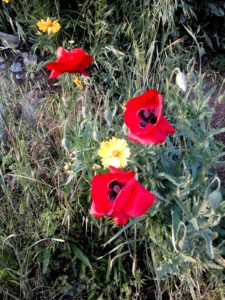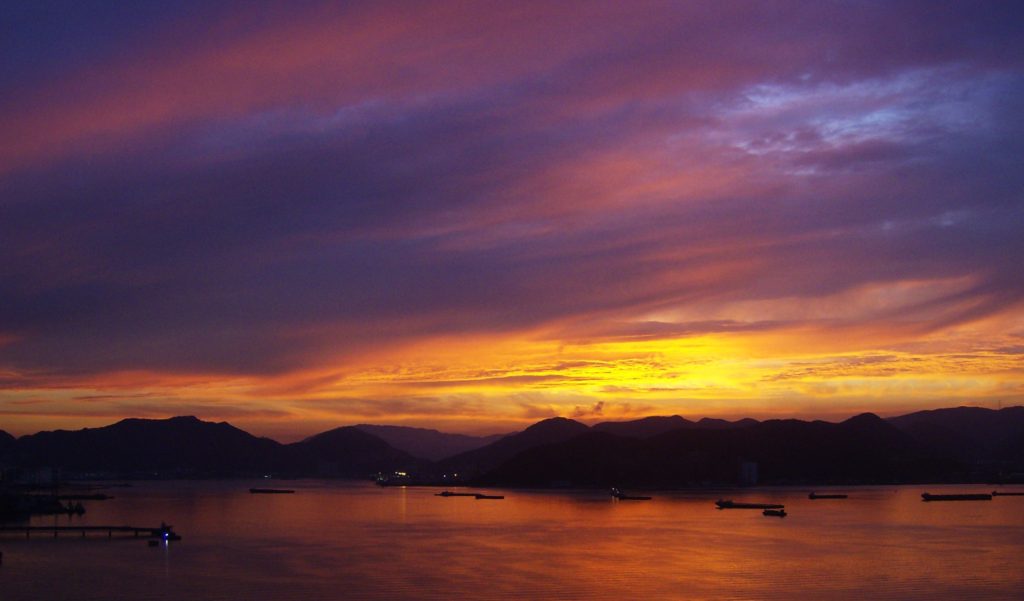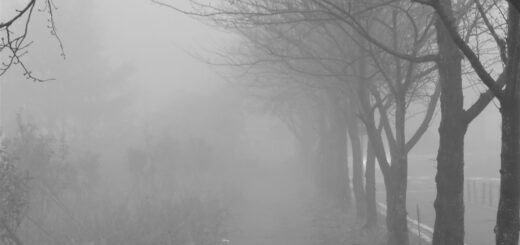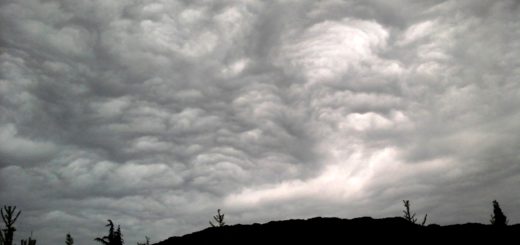What We Owe the War Dead
Back in the days before moral relativism and progressive historicism rendered all war (except communist revolutionary war) an unambiguous evil — that is, before “giving peace a chance,” regardless of the conditions upon which that peace was to be purchased, became an unqualified (and therefore non-relative?) good — art about war was expected to comprise both the pain of loss and the legacy of heroism.
Today, by contrast, “serious” art about war must focus only on the absurdity, emptiness, or futility of it all. Thus, in an age that conflates its petty materialism with righteous sophistication, we are losing the compulsion to keep faith with those who traded everything earthly on our behalf, in exchange for a bit of eternal dignity. In neglecting this compulsion, we lose that part of ourselves whence also derives such old-fashioned concerns as conscience, responsibility, and loyalty.
If death in war is only to be lamented, and its cause decried, then far from paying honor to the “victims” (i.e., dead soldiers), as our self-righteous lamenters claim to be doing, we are actually only absolving ourselves of the truest and ultimate honor we owe the dead, which, to paraphrase the most popular war poem from the age before the folk music leftists got at the topic, is to take the torch from their failing hands and hold it high — that is, to honor the fallen by honoring their cause and their sacrifice with similar, though perhaps never equal, moral seriousness.
This does not mean we must support an unsound or wasteful political decision about a particular war of which we disapprove, merely because soldiers have died in that war. (“A thing does not become true simply because a man dies for it,” as Oscar Wilde wrote.) What it means is that men who died, even if unnecessarily, in the name of the general cause of defending the freedoms we enjoy — or rather the freedoms upon which our societies were founded, though we have largely forsaken them today — ought to serve as reminders of the true value of those freedoms, and also as inspiration to rededicate our own lives to preserving or revitalizing them.
In other words, if we feel no obligation to keep our dead defenders alive in spirit through our own choices and actions, then our laments over their sacrifice are nothing but empty self-absolution and self-aggrandizement. And such, sadly, is the moral position of the so-called free world today, having gradually, or rather “progressively,” bartered away most of the freedoms, traditions, virtues, and wisdom that defined our civilization and made its cause worthy of the blood of heroes.
The West clings to life as little but a shadow of its former self, so proud of its miraculous material comforts and ceaseless physical gratifications that barely a moment is lost reflecting on our degradations in character, independence, responsibility, and genuine self-determination. Freedom, for many today, consists of having more TV channels than ever to choose from. Meanwhile, meaningful opportunities for more substantial forms of self-determination are allowed to narrow and dwindle year by year under the rule of progressive soft despotism, while we smugly flip the channel on our civilizational heritage from the comfort of our easy chairs.
To see the difference between the self-congratulatory “peace-loving” attitude of our time and the properly human perspective that honors the war dead by refusing to let their lives and deaths become meaningless grains in the sands of time, let us take a moment, on this November 11th, to read the famous poem paraphrased above, Canadian Lieutenant-Colonel John McCrae’s “In Flanders Fields” (1915):
In Flanders fields the poppies grow
Between the crosses, row on row,
That mark our place; and in the sky
The larks, still bravely singing, fly
Scarce heard amid the guns below.
We are the Dead. Short days ago
We lived, felt dawn, saw sunset glow,
Loved and were loved, and now we lie
In Flanders fields.
Take up our quarrel with the foe:
To you from failing hands we throw
The torch; be yours to hold it high.
If ye break faith with us who die
We shall not sleep, though poppies grow
In Flanders fields.
As McCrae, who wrote this while sitting in the very midst of one of the most terrifying and “futile” wars ever fought, makes clear in his final verse, keeping faith with the dead soldiers consists not in crying, or screaming at gods or politicians, but in taking up the soldiers’ quarrel — their quarrel on behalf of the idea of freedom, that is.
Not the idea of comfort, which those who trekked in worn-out boots through cold mud obviously valued less highly than we do.
Not the idea of pleasure, as surely they felt none while their bodies bled to death in lovely fields of grass.
The idea of freedom — for those still capable of grasping a little of what that word meant to our forebears, in the age before the mutual enslavement of progressive entitlements, and moral submission to the collective (i.e., the state), became the norm throughout the supposedly civilized world.
A final note: McCrae’s original hand-written poem uses “grow” at the end of the first line. Editors changed it to “blow,” as it is still often taught today. But “grow” is better, and not only because it creates a proper symmetry with “though poppies grow” in the final verse. “The poppies blow” expresses only that the flowers are moved by the winds, whereas “the poppies grow” is moral philosophy.
The war dead are not simply gone, marked by static crosses in a windy field. The Earth sends new life forth as a symbol of their living spirit, and a sign to those left behind of our obligation to keep that spirit among us through our own earthly lives. The poppies — fire red flowers on long stems — grow from the graves of the dead as Nature’s torches, which, if we refuse to accept them from those “failing hands,” will burn as lonely symbols of our broken faith.
(This article originally appeared at American Thinker.)




